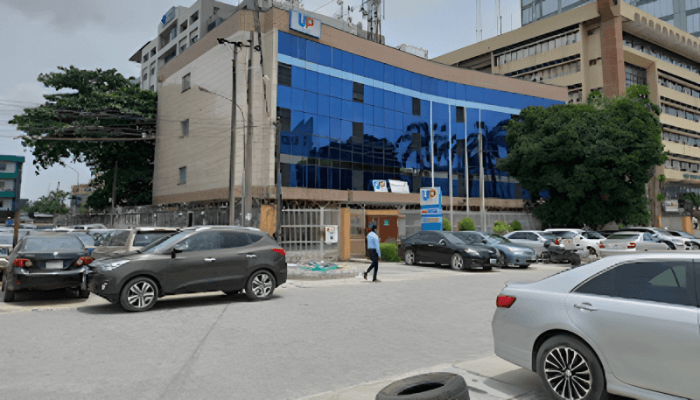Nigeria’s digital economy will get a facelift following the Central Bank of Nigeria’s move to award a Payment Terminal Service Aggregator (PTSA) licence to Unified Payments, the second such licence to be issued after 13 years.
The Nigeria Interbank Settlement System PLC (NIBBS) had been the sole licensee in the country since it was issued the first PTSA in 2011.
The second licence to Unified payments resolves industry concerns about channelling all transactions through a single aggregator -NIBBS, as has been the case for some years.
NIBBS played a crucial role in the rise of digital payments, enabling instant interbank transfers, Point of Sale (PoS) transactions, and the growth of the fintech sector.
This is evident in the growth of electronic payments in the country. In 2021, the value of digital payments through the NIBSS was N278.38 trillion, up 70.90 percent from N162.89 trillion in 2020. This grew to N395.47 trillion and surged to N611.06 trillion in 2023.
However, it has limitations, evident during a recent push for a cashless economy by the CBN. The strain on the single gateway led to transfer delays and highlighted the limitations of Nigeria’s payment infrastructure.
The World Bank said at the time that Nigeria suffered a “Lack of adequate digital and financial infrastructure and processes to support a swift transition to a cashless economy.”
Cash is king in Nigeria and according to a BCG research, economies that are cash cash-driven grow slowly and miss out on significant financial benefits. When economies switch to digital payments, annual GDP can grow by as much as 3 percentage points, BCG said.
A thriving digital economy needs a robust cashless system. The European Parliament, in a report, emphasised that cashless electronic payments are among the key drivers of digital transformation.
As one of the biggest economies in Africa, and with a large youth population, Nigeria is well-positioned to develop a strong digital economy, according to the World Bank. However, this would be dependent on how the country develops its digital infrastructure, digital platforms, digital financial services, digital entrepreneurship, and digital skills.
The CBN’s ‘Payments Vision 2025’ aims to reduce cash dependence by 2025, with mobile payments leading the charge. Licensing a second PTSA aligns with this vision by providing more options and potentially improving transaction speed, while reducing the strain on the NIBSS.
One analyst said, “By awarding a second PTSA license, the apex bank has proactively responded to industry operators who had expressed serious concerns about channelling all transactions through a single aggregator, the NIBBS, as has been the case for some years.
“With the new policy direction, payments service providers would henceforth route all transactions through either of the two licensed Companies.”
Two PTSA operators, according to analysts, will ensure that payment service providers now have the option to route transactions through either NIBSS or Unified Payments, aiding competition and improving efficiency.
Also, the launch of a second PTSA is aimed at curbing rising fraud, which has become rampant as payments move online. There are risks involved as payments become seamless. 78,584 electronic fraud cases were recorded in one year, ending June 2023.
Fraud actors leveraged e-payment channels, such as computer/web, mobile, and Point of Sales to perpetrate their crimes, a report from FITC disclosed. According to NIBSS, the volume of fraud successfully carried out increased by fourfold between 2019 and 2021.
Licensing another PTSA will help clamp down on financial crimes and other market misconducts through improved monitoring, the analysts noted. With two gateways, the system becomes less vulnerable to fraud actors which might take advantage of an overwhelmed system.
The introduction of another payment terminal presents a more rounded and competitive digital payments landscape in the country, leading to more growth in its digital economy, analysts said.
